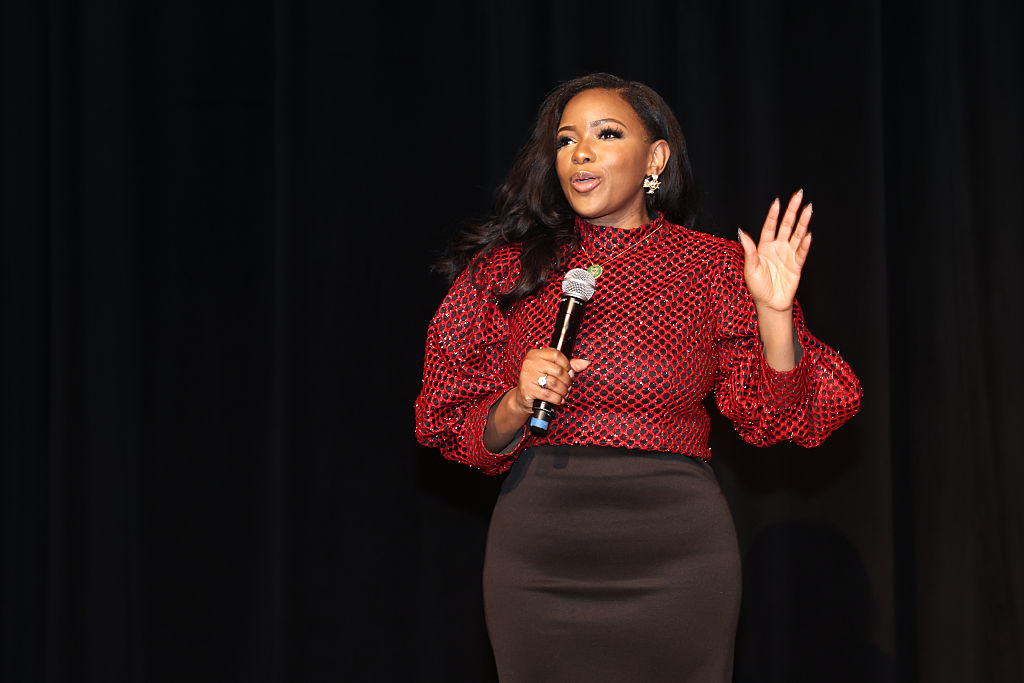A Story About Restrooms, Respect, And Just Wanting To Be
The Weight We Carry: A Story About Restrooms, Respect, And Just Wanting To Be
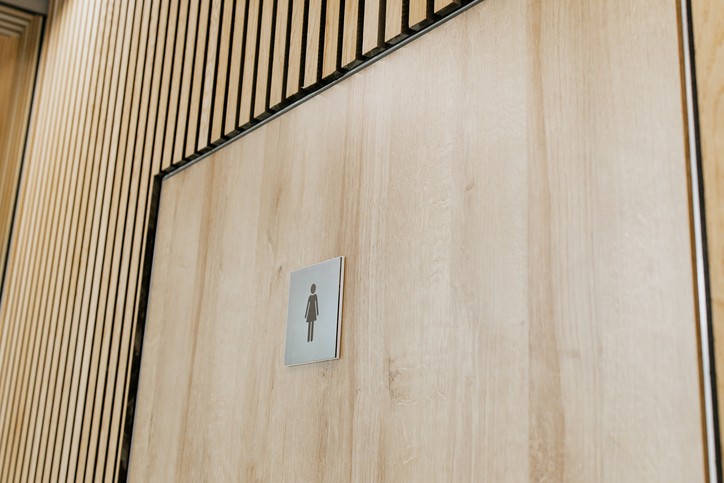
Do you know that feeling?
You’re walking into a store. Maybe it’s just to grab something small. Maybe it’s a big day—school shopping for your kids, a treat for yourself. You’ve got the money. You’ve got the list. But before you take your first step inside, something shifts. Your shoulders tighten. You remind yourself to smile. To look “normal.” To not linger. Just in case someone decides you don’t belong.
Maybe you’ve had that quiet conversation with your child before going in—about keeping their hands to themselves, about holding the bag a certain way, about what to say or not say if someone asks them something inappropriate.
It’s a moment so many of us know. Not because we did anything wrong, but because we’re Black, and we’ve been taught to be prepared for what might happen. Even if it never does.
That feeling—that low hum of anxiety beneath a simple, human act—is where I want to begin. Because that’s the space I move through often as a Black trans woman in America.
Recently, I was walking through the Charlotte airport. Diamond Medallion status. Flying for work. Maxi dress flowing. Louis Vuitton bag on one arm, nails freshly done. A soft scent of Versace in the air. Hair laid. Confident. And still, I was debating whether I should use the restroom. Not because I didn’t need to, but because I needed to run through a checklist first:
● Is it legal for me to use the women’s restroom in this state?
● Can I hold it until the hotel, even if that’s 40 minutes away?
● If I go in, will someone think I’m trying to harm them just by being there?
Even when the law says I can, does the woman washing her hands next to me feel like I belong there too?
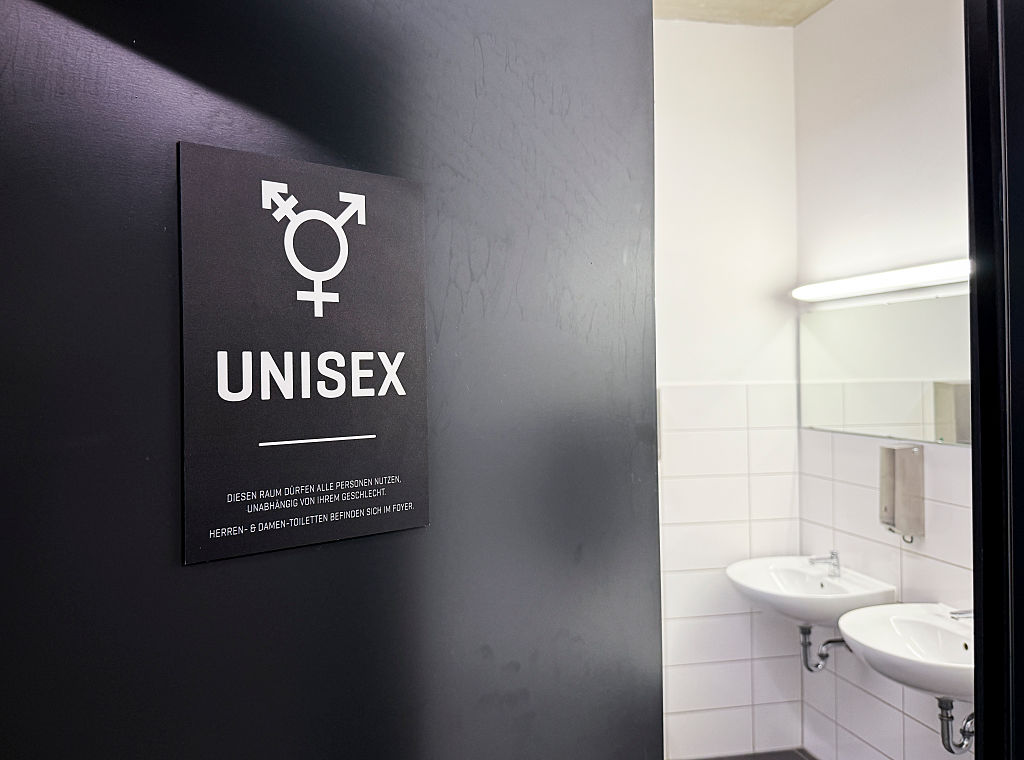
There’s a lot of conversation these days about trans people and restrooms. I hear the fear. I see the questions. I don’t believe that fear is always rooted in hate; I think sometimes it’s rooted in not knowing. What I want to offer you is this: before I even enter a restroom, I’ve already done the math a hundred different ways. I’ve already considered how to move, how not to disturb, how to make everyone else comfortable. Even in spaces that aren’t always designed to be comfortable for me.
When I go into a restroom, I don’t linger. I don’t talk. I don’t take selfies. I don’t even always look in the mirror. Because I know that if I take up too much space, someone may feel I’m taking something from them. But here’s what I want you to know: I’m not trying to take anything. I’m just trying to be.
And I know that for some people, the solution feels simple: “Just use the restroom that matches the gender you were assigned at birth.”
I want to honor that this belief doesn’t always come from hate; it can come from fear, from discomfort, from unfamiliarity. But here’s what that solution doesn’t account for: the reality of what many trans women, including myself, look like. There are trans women walking this world—myself included—with bodies that do not align with the gender we were assigned at birth. Some of us have vaginas. Some of us don’t. But either way, I promise you this: The uproar, the confusion, the danger I might encounter walking into a men’s restroom in Des Moines, Iowa, in Omaha, Nebraska, in a small town in Texas—looking like Dominique Morgan looks—is not just theoretical. It’s real. It’s immediate.
It is not safe for me to walk into the men’s restroom, and I don’t believe it would feel any safer for the men in there either.
And here’s where I need us to take a pause, because if we’re talking about keeping children safe, then let’s actually talk about that. Because if someone is capable of harming a child in a bathroom, do we think the gender label on the door is going to stop them?
Our children are not just vulnerable in restrooms; they’re vulnerable in the homes of people we trust; in churches where no one’s asking hard questions; at the houses of relatives who have never been held accountable.
And just this month—on my timeline—I saw a video of a Black child being snatched from their front yard by two adults. And not one of those adults was trans.
This conversation has become a distraction. It centers imagined harm instead of real, ongoing violence. It focuses on how to exclude people like me, instead of how to protect the children we all claim to love.
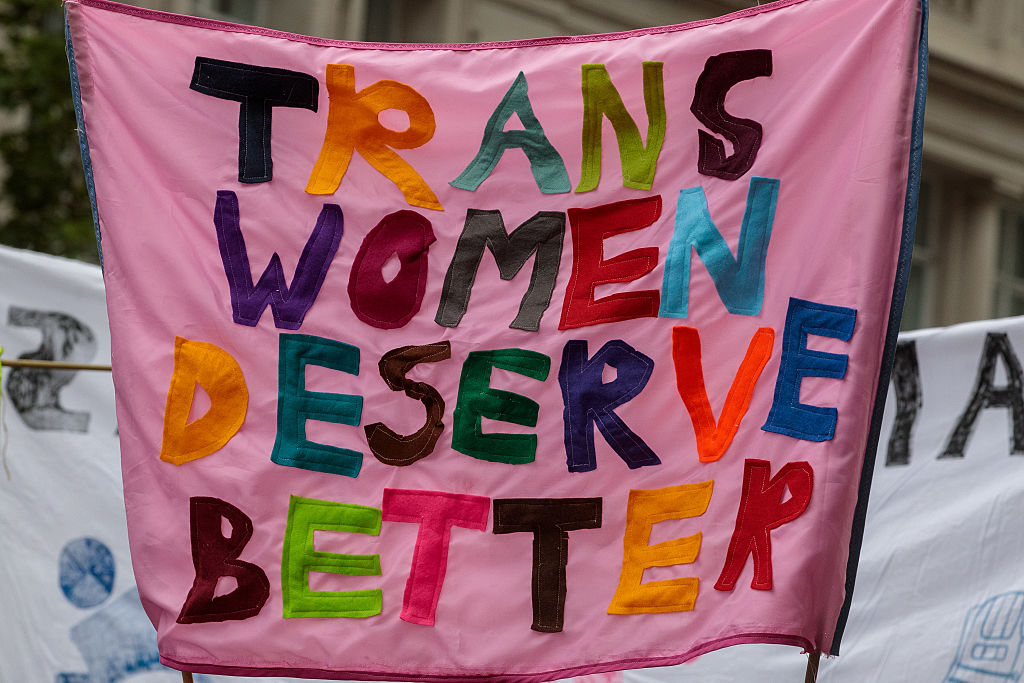
I also know that representation shapes perception.
And right now, the most visible stories about trans people—especially online—often come from individuals who don’t look like me. People like Lily Tino, a white trans influencer whose videos have gone viral for rating women’s restrooms at Disney parks and taking selfies that include unsuspecting people in the background. Her content has sparked national backlash, and the Florida Attorney General is now investigating whether some of her bathroom videos may have broken privacy laws. There are even lawsuits pending from women who didn’t consent to being filmed.
The headlines about her have been everywhere. Some see her work as invasive, inappropriate, and “rage-baiting.” Others within the trans community are voicing their concerns, not because she’s trans, but because the consequences of that kind of visibility fall hardest on the rest of us, especially Black trans women, and especially those of us just trying to move through the world with dignity.
I say this with care, not condemnation:
When chaos becomes the most visible face of an entire community, people stop seeing the rest of us. They stop seeing the nurses, the artists, the caregivers, the educators, the organizers. They stop seeing the people who aren’t trying to go viral—we’re just trying to get home safely.
And this is where I believe we are in a moment of real opportunity, especially as Black people.
There’s a common belief that over the past five years, we’ve entered a new era of deep empathy and connection with each other. But in truth, many of those connections have remained surface-level.
Social media makes it easy to appear unified, but the deepest forms of understanding don’t come from reposts or trends. They come from real engagement. From eye contact. From questions that risk vulnerability. From sitting in what’s unfamiliar instead of turning away.
Real connection happens when we choose to build—even when it feels easier to break away.
We are in a time that is ripe for reaching further—into the nuance, the misnomers, and the unknown parts of each other’s lives. This isn’t about agreeing on everything; it’s about trusting that our humanity is more complex—and more beautiful—than any of the boxes we’ve been taught to stay inside of.
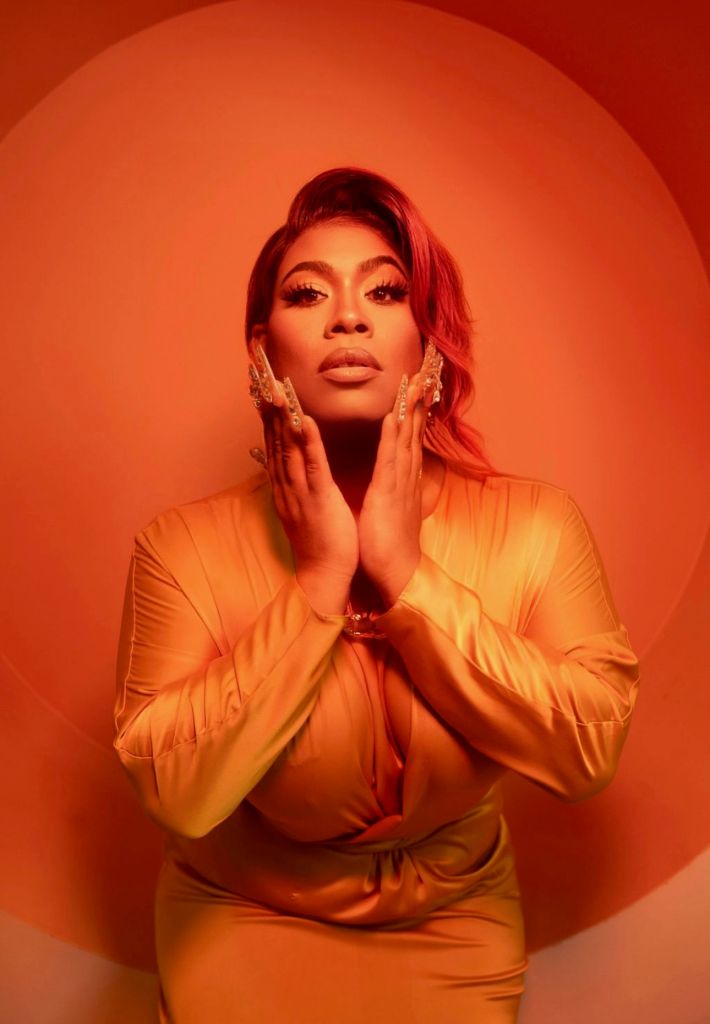
I don’t share this because I want pity or special rules. I share this because I want you to understand the extra layers some of us carry. Even when we’re dressed up. Even when we smile. Even when we’re successful. And I know my privilege gives me access that many don’t have.
I feel the difference when I walk into the Delta lounge versus the food court bathroom at the mall.
When I’m met with “Miss” or “Ma’am” at the valet stand or when I step out of my Mercedes, I feel it.
But I also think about the Black trans woman without designer labels, without access, without that protection. Who may not “pass” in a way that makes people feel comfortable. Who just wants to pee in peace — and deserves to.
This isn’t about blame. This isn’t about saying “you don’t get it.” It’s about me trying to show you. Invite you in. Offer a window.
If you’ve ever walked into a room and wondered if people saw you as a threat before they saw you as a person, if you’ve ever felt like you had to shrink yourself just to avoid making others uncomfortable, if you’ve ever had to weigh safety against dignity—then you already understand more than you think.
All I ask is that you carry that knowing into how you see us.
Some days, I just want to fix my hair in the mirror.
Some days, I just want to wash my hands and go.
Some days, I just want to be.
Dominique Morgan, Sexual Health Expert, Adolescent Health Educator and Advocate, is an award-winning artist, philanthropist, and the Founder & CEO of Starks & Whitiker Consulting. Her work has been featured in Forbes, MTV, Essence, and more. Follow her on TikTok @thedominiquemorgan.
SEE ALSO:








